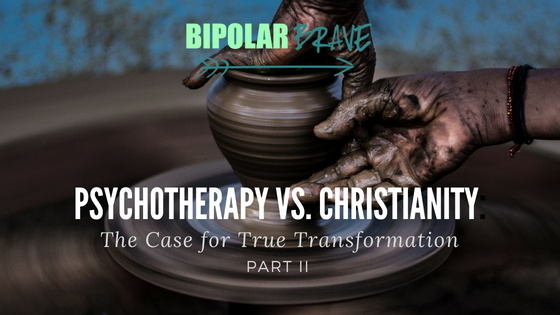A Matter of The Heart
In the former half of my argument, I explored the definition of moral relativity and how the admission and recognition of Truth is necessary for authentic and good life-giving change and transformation. In this post, I explore the case for the heart being untrustworthy and deceivable, not able to bear true transformation until Truth is permanently transfixed within the heart.
For Truth to be understood, it is imperative to acknowledge that the Truth is not always obvious and known. Knowable, yes. Seen clearly, no. In the matters of the heart, Truth can be denied and ignored when the heart is deceived by opinion, justification, or even seemingly sound reasoning. When emotion, will and desire come into play, it’s the feeling of pleasure or the allure of temporary, instant gratification and self-centered benefits that will override Truth almost every time.
In the argument for true life-giving transformation (change that lasts and is intrinsically good), the heart unaffected and not yet transformed by Truth cannot attain the lasting, good transformation it aspires to or thinks it wants. With secular psychotherapy, the mind can be subjected to thought patterns that are more logical or believed to be good, but if good is defined by the client’s opinion, they are already starting at the wrong place. For the Truth to create lasting and effectual change, the mind must acknowledge the person’s intrinsic inability to create that change on one’s own.
Truth Is The Key
Truth is what sets a person’s heart free from the inability to change. Truth can come into a person’s heart and unlock the chains of immorality that twist one’s desire, will and emotion. Truth will, when accepted as absolute and unchanging, come into the heart and mind of a person and create lasting transformation for absolute good in a person’s life.
How this happens is not philosophy or psychobabble. It’s not religion or belief system. It isn’t even the law or code of living one subscribes to. It’s an experience of a Person. The Person of Jesus Christ. He claimed to be the Truth 2,000 years ago, when he answered a follower’s question for how they could know in their minds and hearts, that where he was going was truly where he said he was going: “I am the way, the truth, and the life. No one comes to the Father (God) except through me.” (John 14:6)
If this Person (Jesus Christ) is alive today, and is actively working in people’s hearts and minds, then one can experience his life-altering Truth and be set free from the strife of self-centered and self-powered efforts to change. And one can be set free from the consequences of self-powered efforts, and the failure that inevitably comes after a human-guided, Truth-less endeavor.
On one’s own, a client cannot know in the core of his being, his heart, whether he is going in the right direction for change, or whether that change he produces in behaviors will effectively last for goodness. He is spiritually and morally blind to the Truth, and therefore cannot attain the changes in heart that will lead to the nature of absolute goodness. It has to be the Truth that breaks and remakes a person’s will, emotion and desire for their heart to be intrinsically altered. From the core out.
Psychotherapy can most certainly influence and re-examine a pattern of thinking that espouses unwanted or unacceptable behaviors. Psychotherapy can also take a person’s self-guided efforts to change their behaviors and make external appearances of seemingly good results. It cannot, however, get into the core of one’s heart and make a complete difference in one’s intrinsic motives.
Without an encounter with the form of Truth in the Person of Jesus Christ, the client is simply creating different habits and patterns of psychotherapy, that cannot be genuinely changed for absolute true, right, and good living.
Psychotherapy Is Still a Useful Method
This is not to say that psychotherapy is not a helpful tool. The practice of reconditioning the mind of one whose thinking is set in a negative and erred way, is not a bad or wrong thing. On the contrary, psychotherapy can help one put Truth in perspective, seeing things in a different light, at another angle, not otherwise examined before.
Since Christianity is a relationship to God built on the foundation of Truth in Jesus Christ, he created the way to a sort of “self-actualized” life, full of unlimited potential for change for the good. A Christian transformed by the Truth from the inside-out can reach a lasting, full and effective state of mental health. Christ, in his power and absolute Truth, allows those who accept his work on the cross and power in his resurrection to make choices for a completely transformed life.
In Conclusion
It is Jesus’ light and life that shines through the darkness of the innermost being. His Truth confronts the fallen and depraved nature, and permanently transforms a person’s heart into a heart aligned with Truth, goodness, kindness, and all absolutes of moral excellence. That is not self-made effort or pulling oneself up by any bootstraps. Will power does not and cannot catalyze change for the betterment of mankind. Only Truth in its purest form, the living person of Jesus Christ, can offer life-giving, morally standardized, absolute true transformation for the best life possible. And it starts in the heart.

What do you think?